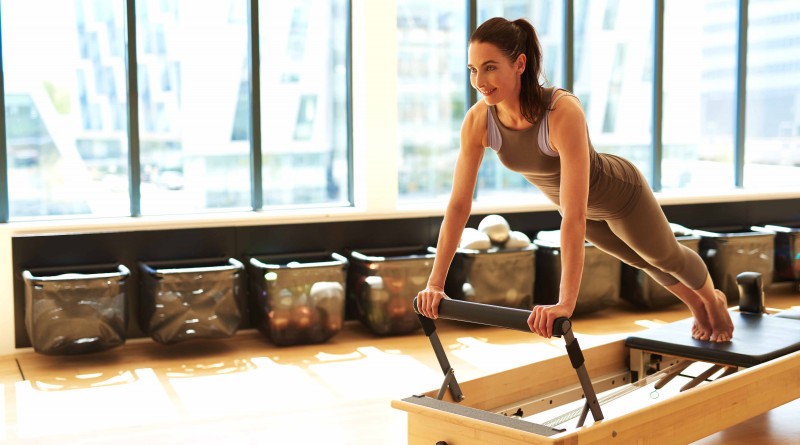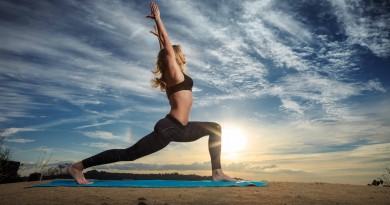We hear a lot about Pilates… But do you know what it is?
This technique was born during the First World War.
It seems yoga, but it is not quite that. Although both are practiced in the same way and are based in a unification between the body and the mind, the truth is that Pilates focuses more on body stability than properly in meditation. But there are other differences.
Created during World War I by an American named Joseph Pilates, born in 1880, a carpenter and gymnast who has developed a series of moves through which flexibility and body strength were tested to the limit. These activities were inspired by animal movements such as those of elephants and cats, among others. The idea was initially to use the series of exercises to help the war wounded to recover more easily, but elite athletes and professional dancers early adopted these techniques. After that, Pilates spread fast.
With millions of practitioners all over the world, Pilates base itself on a philosophy of low impact movements that work the strength, flexibility and muscular endurance through the journey of the movement from the body core (abdomen, gluteal muscles and thighs) up to its ends.
Among the benefits we find the prevention of heart disease, increased muscle stability (and consequently of the bones), improvement of balance and posture, prevention and relief of back pain, prevention of osteoporosis, reducing the probability of blood clots and reduce the propensity to develop disk herniation, among many others. It is, of course, natural that there are also mental advantages, since the exercise always has beneficial effects on the human mind. Increased concentration, well-being and the prevention of depression and bad reactions to stress are just some of the best known benefits.
Ideally, a Pilates practitioner should do these exercises twice a week, and the more you do it, the better you feel, both physically and mentally. And if you still have doubts about the effectiveness of Pilates, there is nothing like giving it a shot.







